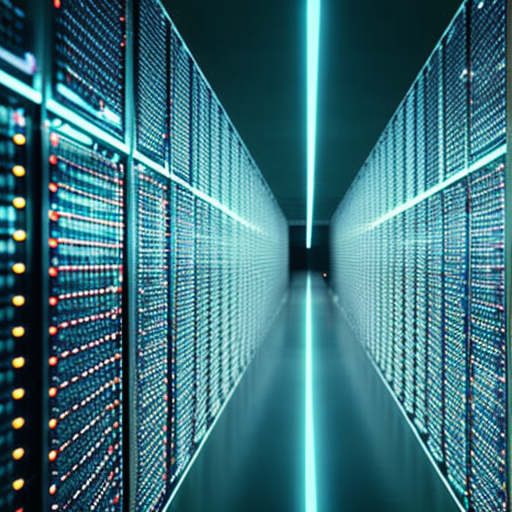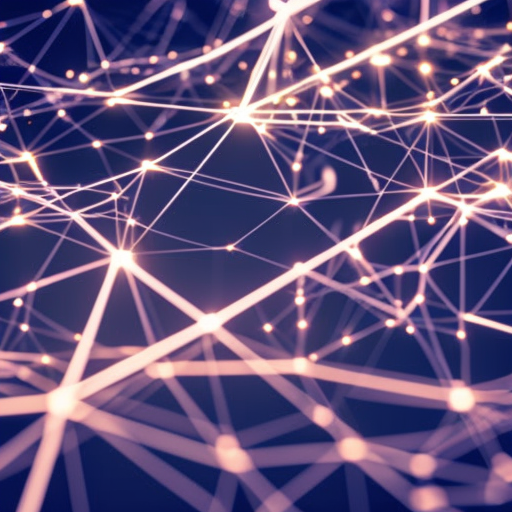Data centers are centralized facilities that store, manage, and process large amounts of data for various purposes.
Mobile Computing Explained
Mobile computing refers to the use of portable devices and wireless networks to access and process information on the go.
Digital Wallets Explained
Digital wallets are secure and convenient tools that allow users to store and manage their financial information digitally.
High-Performance Computing Explained
High-performance computing refers to the use of powerful computer systems and algorithms to solve complex scientific and technological problems efficiently.
E-Governance Explained
E-governance refers to the use of technology and digital platforms to enhance government services and improve citizen engagement.
Virtualization Technology Explained
Virtualization technology refers to the creation of virtual versions of computer hardware, software, or networks, enabling efficient resource utilization and improved flexibility.
Cybersecurity Solutions Explained
Cybersecurity solutions aim to protect computer systems and networks from unauthorized access, data breaches, and other cyber threats.
Wearable Health Monitors Explained
Wearable health monitors are devices that track and monitor various health parameters, providing real-time data for individuals to manage their well-being.
It Service Management Explained
IT service management is the practice of designing, delivering, managing, and improving IT services to meet the needs of an organization.
Data Privacy And Protection Explained
Data privacy and protection refers to the measures and regulations in place to safeguard personal information and prevent unauthorized access or misuse.
Smart Materials Explained
Smart materials are materials that can change their properties in response to external stimuli, such as temperature, light, or pressure.
Ferroelectric Materials Explained
Ferroelectric materials are substances that possess a spontaneous electric polarization that can be reversed by an external electric field.




















